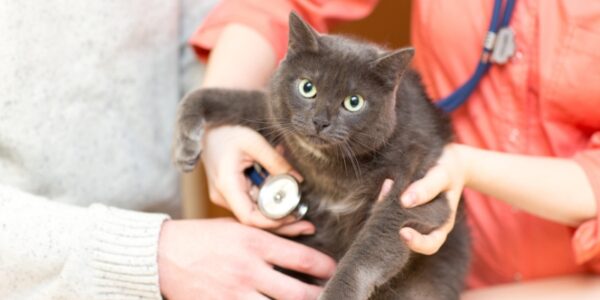
The Easter treat your pets should avoid
The best part of Easter is the sweet treats that fill your house, but not for your pet! Cats and dogs should avoid the types of Easter foods you’ll be snacking on.
Every year we warn pet owners on the seriousness of chocolate poisoning. But why is chocolate so bad? Surely a little bit won’t hurt?
The truth is, even a small amount of dark or cooking chocolate can cause very serious problems. No matter what those dark brown eyes are telling you – give them something safer! It’s not worth it.
Chocolate poisoning is caused by excessive intake of the methyl-xanthine alkaloid, theobromine. Although dogs are the most susceptible, the toxin has been known to affect or kill cats, birds, rodents and reptiles as well.
Different types of chocolate contain different concentrations of this dangerous chemical. The biggest threat is from cooking chocolate, followed by semi-sweet chocolate, milk chocolate, and hot chocolate.
The symptoms of poisoning in your pet may include vomiting, diarrhoea hyperactivity, tremors, irregular heart rate and seizures. Heart failure, weakness, coma, and death can occur 12 to 36 hours after intake.
If your pet has ingested chocolate, get your pet to [Vets on Parker / Vets on Balwyn / Vets in Cranbourne] immediately. We will be able to get your pet to vomit, which will hopefully remove most of the ingested chocolate from their system. In some more serious instances, pets need to be hospitalised or treated for cardiac problems or seizure activity.
The best way to keep your pet safe is to keep the chocolate well out of reach!
Via:: Dr Kevin Pet Advice



